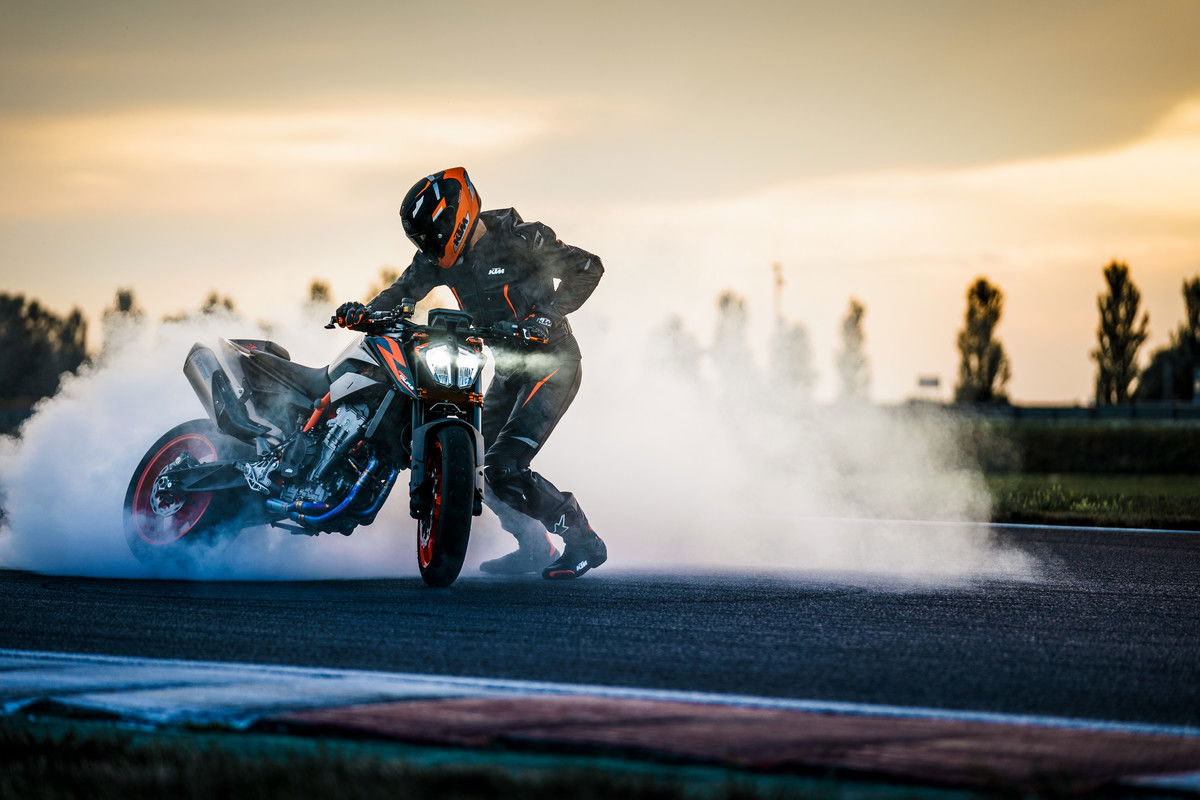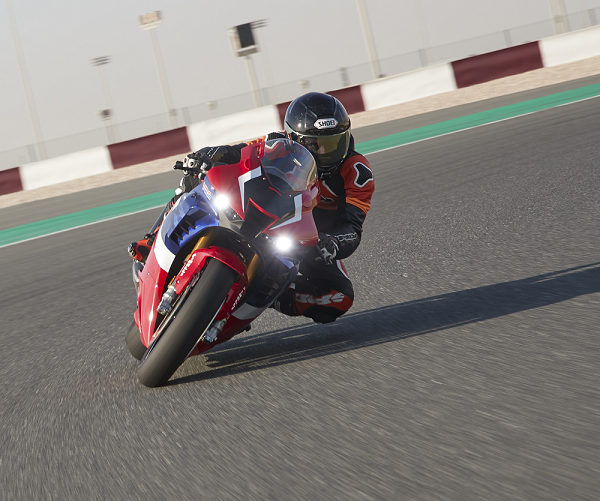Gaining a motorcycle licence might be about to get easier
Gaining a motorcycle licence currently is a drawn-out, expensive, and complex task, although it might be about to get a bit more simple
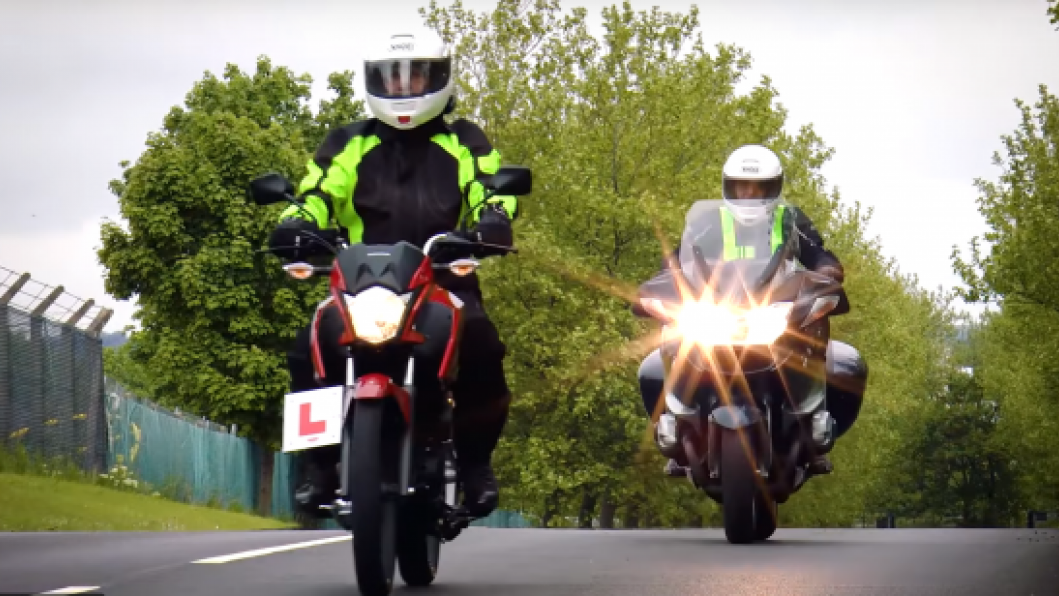
GAINING a motorcycle licence under the current government rules is a complex task, and the type of licence you get will be dictated by the capacity and power output of the bike you wish to ride.
Compared to learning to drive a car, passing your full motorcycle test can also be prohibitively expensive, not to mention time-consuming. Estimates from various training bodies we spoke to placed the cost of gaining your bike licence at anything from £800 to £1,200. These are all factors that current motorcyclists, and lobbyists like the Motorcycle Action Group (MAG), think needs to change.
In the autumn of 2022, MAG released its report on the state of the UK motorcycle licencing, and it makes some interesting reading. It’s a deep dive and fairly heavy going, but the picture it paints is of a licence structure for powered two-wheelers that are putting many young people off gaining a motorcycle licence.
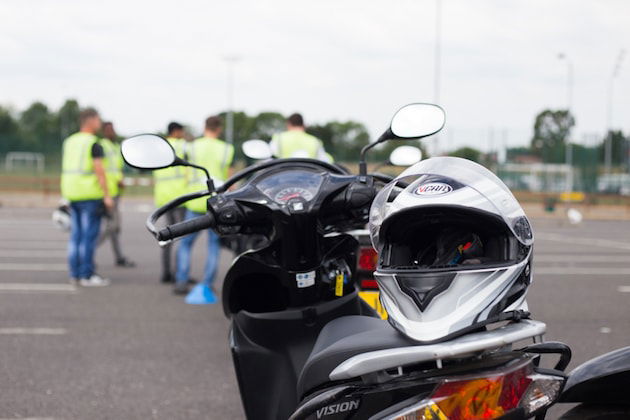
It seems to have gained some traction in the corridors of power though, as just before Christmas, Roads Minister, Richard Holden confirmed that a review of the process could be coming soon.
The report from MAG highlights that motorcycle riders tend to obtain a full licence at a later age than those passing their car test. There is even an uplift in the number of people passing their test above the age of 60, something MAG is calling ‘the bucket list effect’. The report also found that of the number of riders obtaining a CBT, only 20 percent were going on to take their full test, with some riders spending their whole life in the CBT system.
That’s a worrying stat for MAG, as it effectively means you have a whole bunch of riders on the road, commuting about with significantly less training than those using a full or restricted (A2) licence. And that isn’t to say that CBT is unsafe in any way, but surely the CBT should be a vehicle to getting people on the road and then, when the two-year certificate expires, helping them on the road to their full bike licence.
The MAG report concludes that, as we have all known for some time, the current motorcycle licencing system is stifling full licence up-take. The costs incurred and complexity of the system are either forcing riders to live out their career on a CBT or, as is often the case, switching to four-wheels and forgetting about bikes until they hit later life.
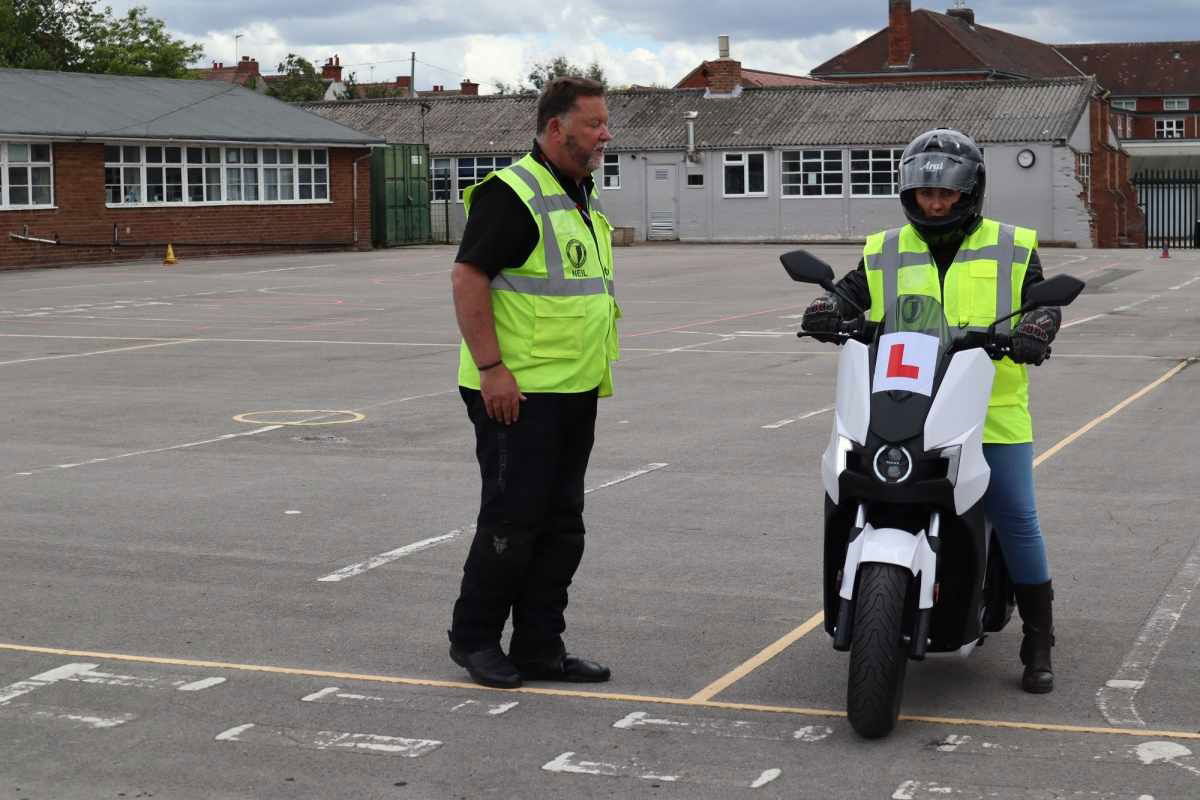
How the government could make gaining a motorcycle licence easier
To help streamline the process of gaining a motorcycle licence, Mr Holden is proposing that the newly formed DVSA motorcycle strategy group take up the task. To start with he wants to gauge the number of riders relying solely on a CBT, although that might not be enough. It’s sensible to assume that somebody riding for two years on a CBT and provisional has a more road experience compared to a fresh new rider, who’s never swung a leg over a bike before. Surely CBT experience could be considered, a bit like A2 licence upgrades work. Whatever the solution is, a simplified system has been what many riders, and the wider industry, have been calling for, for a long time. Let’s hope it arrives sooner rather than later.
.jpg?width=1600)
